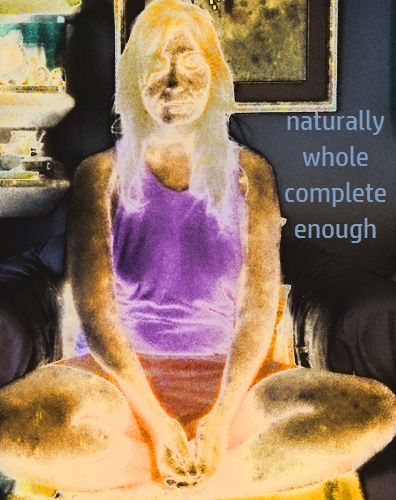It’s such a normal thing to do – to talk about someone. We assume we are talking about that person and it’s true we are. But we are also talking about ourselves and that is something that we are not usually aware of and don’t give enough attention to.
Let’s look at a few examples here:
“He’s always critical about me”
“I feel I am not good enough (when I am around him)”
“I doubt myself and my worth”
“She’s such a cow!”
“I feel threatened/undermined (by her)”
“I’m a much better person (than she is)”
“He is an embarrassment to us all”
“I feel my value is diminished/threatened (by him)”
“I feel I look bad (because of him)”
“She is an amazing person”
“I feel good (when I think of her, see her or am around her)”
‘He is so kind and caring”
“I feel cared for (in his presence)”
‘She gets away with murder!”
“I wish I could get away with murder!”
“I feel I am not treated fairly”
In all our relationships, the other person becomes our unconscious reference point. With some people, we want to believe that we are better than them, with others, we may wish or aspire to be as good as them.
But if we keep our focus on them – which is what happens when we talk about them – we fail to pay attention to what is going on within us. We fail to really listen to what is asking for our attention. We fail to take notice of the calling card that our wisdom self has left us.
Between the two – speaking ill of someone or speaking well of someone – the former is less likely to motivate us to pay attention to ourselves and to the call of our innately great spirit. As long as we can find someone less kind, less smart, less honest than ourselves, we are content to be comforted by our false (and fragile) sense of superiority. Mind you, it’s generally not a conscious thing because so much of our thinking and feeling is governed by our ‘mind of memory’ which is our subconscious mind.
On the other hand, speaking well of someone is more likely to inspire us to reach into ourselves for the kind of greatness or goodness we recognize in others but don’t often recognize in ourselves. Of course, this is not always the case because sometimes, we can feel that that the gap between them and us is so wide, we’re incapable of reaching the same standard or quality of being. We give up, feeling despondent and not (good) enough.
Any belief that tells us we are less than, not good enough, flawed, incapable and so on is a belief in something that is not true.
I know that I have felt that way and still do though far less frequently. That’s because I’ve realized that comparing is such an unhelpful thing mainly because it plays on our false beliefs about who and what we are. Any belief that tells us we are less than, not good enough, flawed, incapable and so on is a belief in something that is not true.
What is true is that we are perfect and whole, enough and forever becoming more.
But how do we know that this is true? Certainly not by my telling you so. Certainly not by anyone telling you so, including Jesus, the Buddha, Louise Hay or even yourself!
You know it by experiencing it.
Meditation, while not the only way, is one of the most reliable ways of helping us come into this self-knowledge. Without this self-knowledge, without the irrefutable experience of who and what we truly are, we will continue with the (unconscious) habit of comparing ourselves with and keeping our focus on the other rather than on ourselves. And even when we do turn the focus inward, its clarity is distorted by the false beliefs we have about ourselves.
You see, when we typically turn inward, or ‘introspect’, we do so with a mind of judgment. We are looking to find faults, flaws and defects which we believe we must ‘fix’. This mind is conditioned to do that. Whereas, when we turn inward in meditation, we put aside our mind of judgment. We become simple, uncomplicated OBSERVERS or WITNESSES.
It is in this non-judging observation that we encounter our true nature – that which is naturally great, naturally good, naturally powerful, naturally peaceful, natural joyous, naturally compassionate, naturally creative, naturally capable, naturally whole, complete and always enough.
REFLECTION
What are some of the ways in which you have spoken about others (including your inner dialogue) while thinking that 1. yoo are better than them or 2. not as good as them ? Which of these has been a joyous experience for you? When have you actually felt truly joyous and happy when thinking or speaking of someone?
CALL TO ACTION
Spend some of your time today noticing the judging nature of your mind. See how your mind judges things such as the weather, the traffic, drivers, your coffee, the sleep you had the night before, your partner, child, colleagues…
HEALING STATEMENT
Judgment and Love cannot co-exist.
MENTORING
Let Life express itself intoxicatingly, uniquely, powerfully and limitlessly in, as and through you. Don’t settle, whatever your age. Know your true Self. Follow your Bliss. Live the Life that you know you want to! Contact me here.
MINDFULNESS ONLINE
Join me every week to sit in the presence of your true Self and experience the greatness of Life flowing naturally, effortlessly and powerfully in, as and through you!

